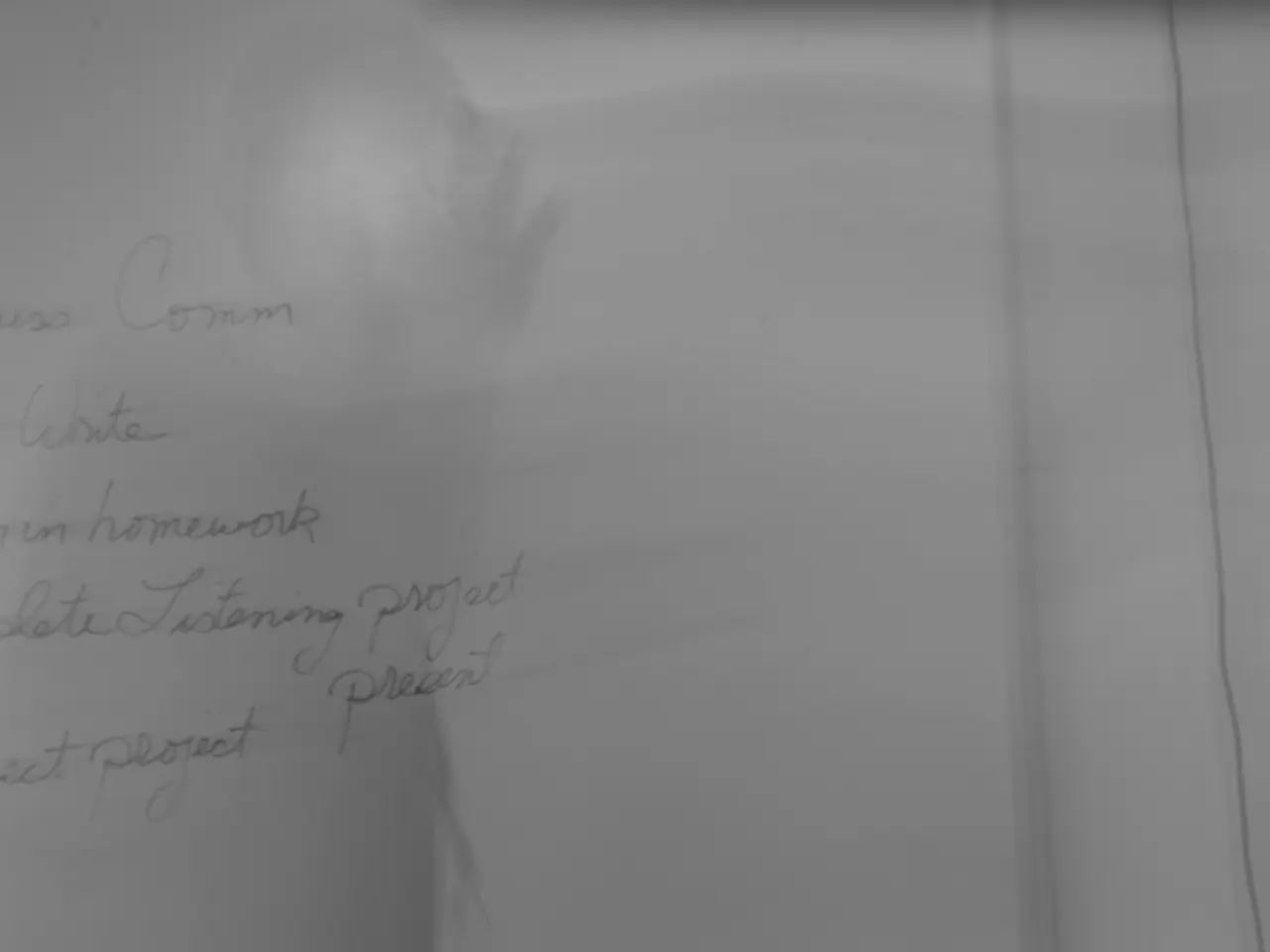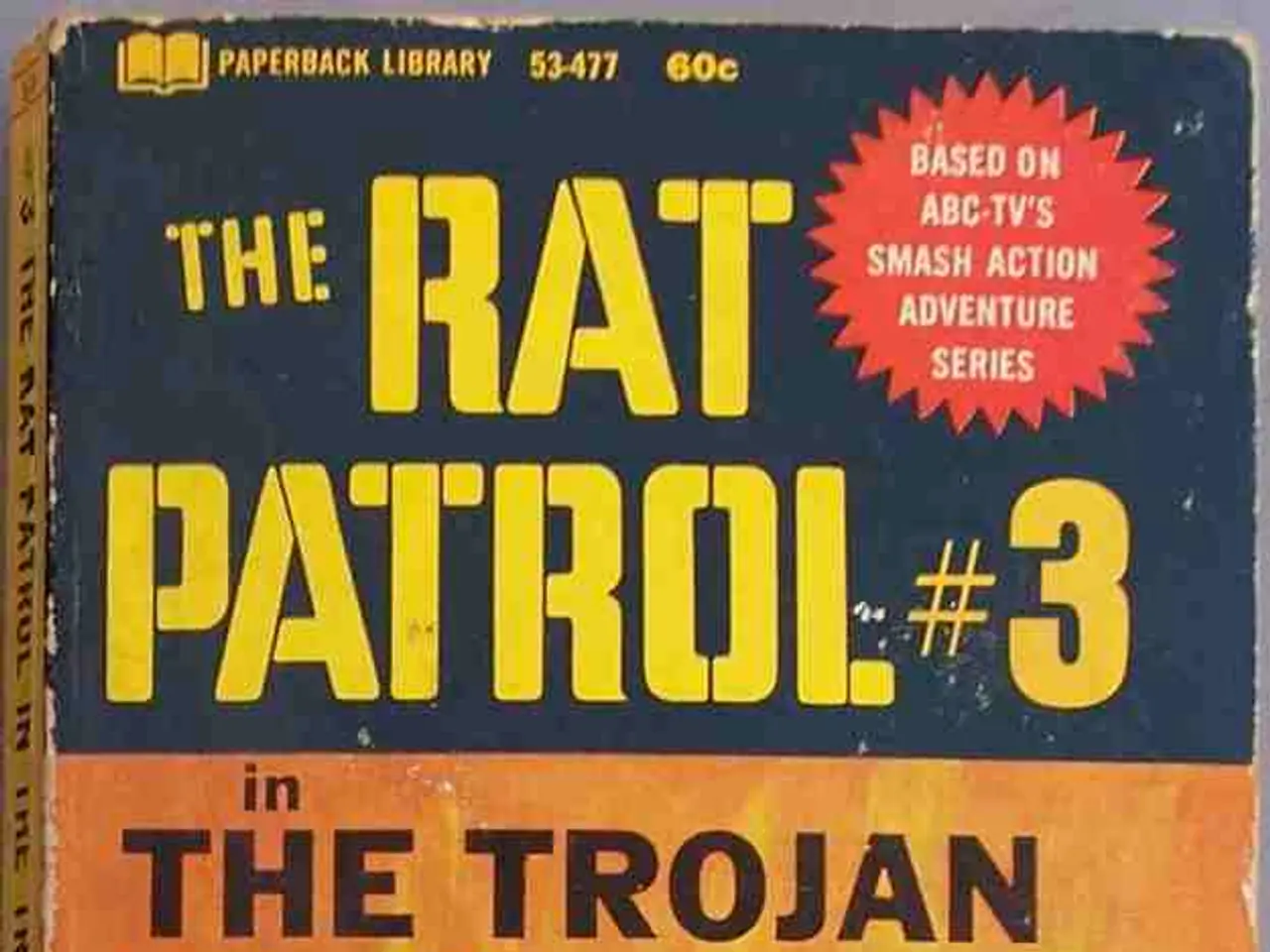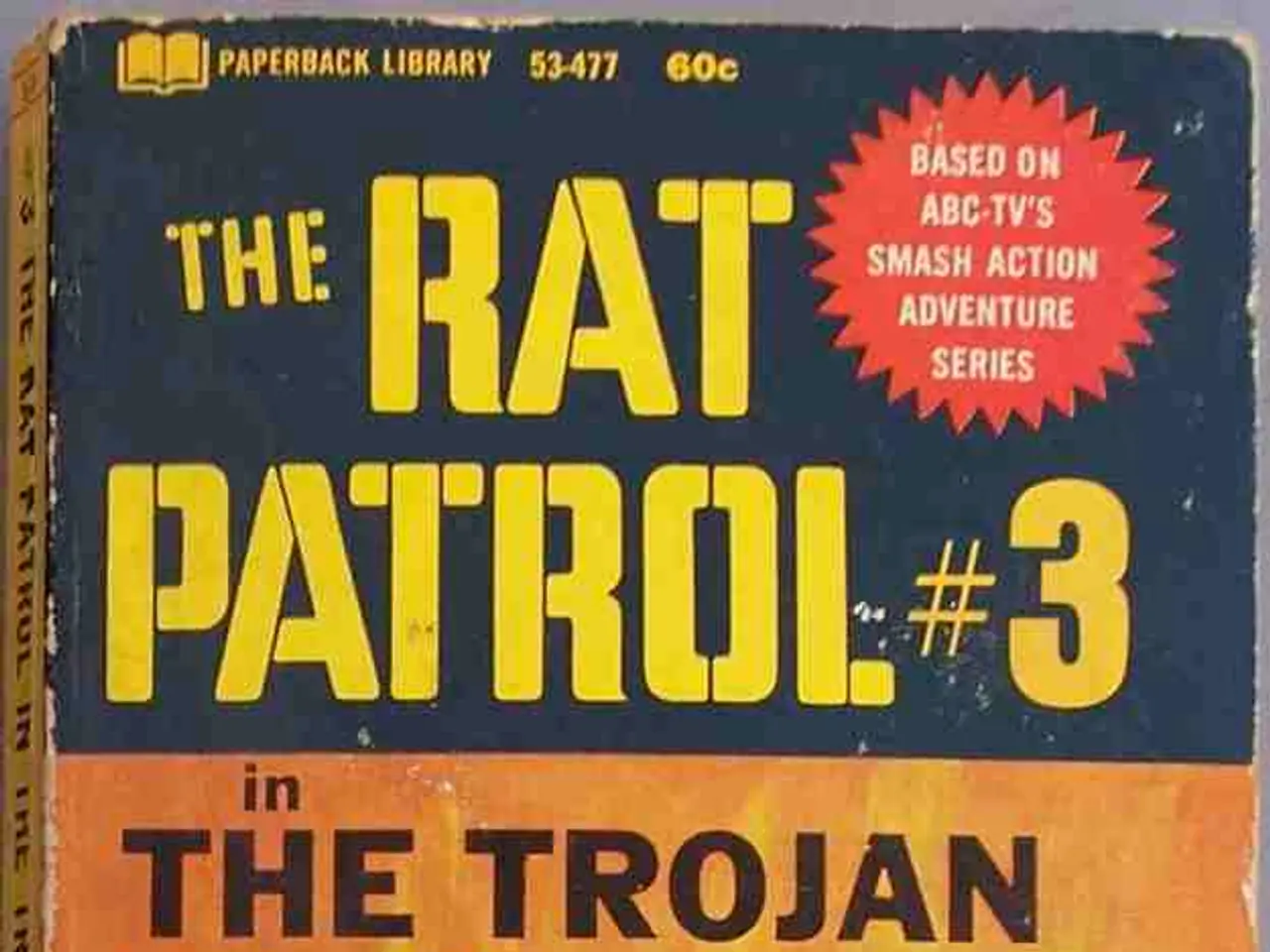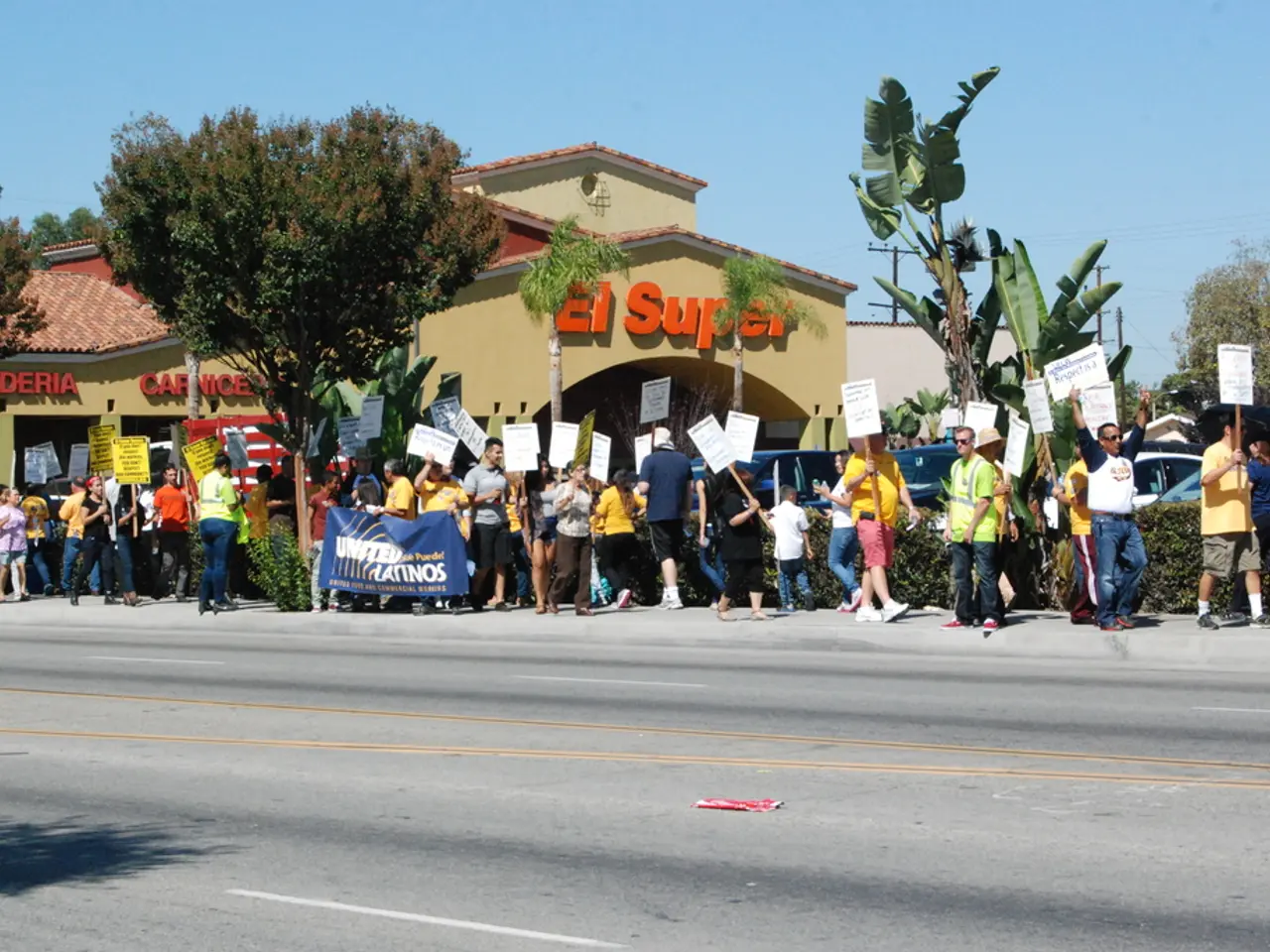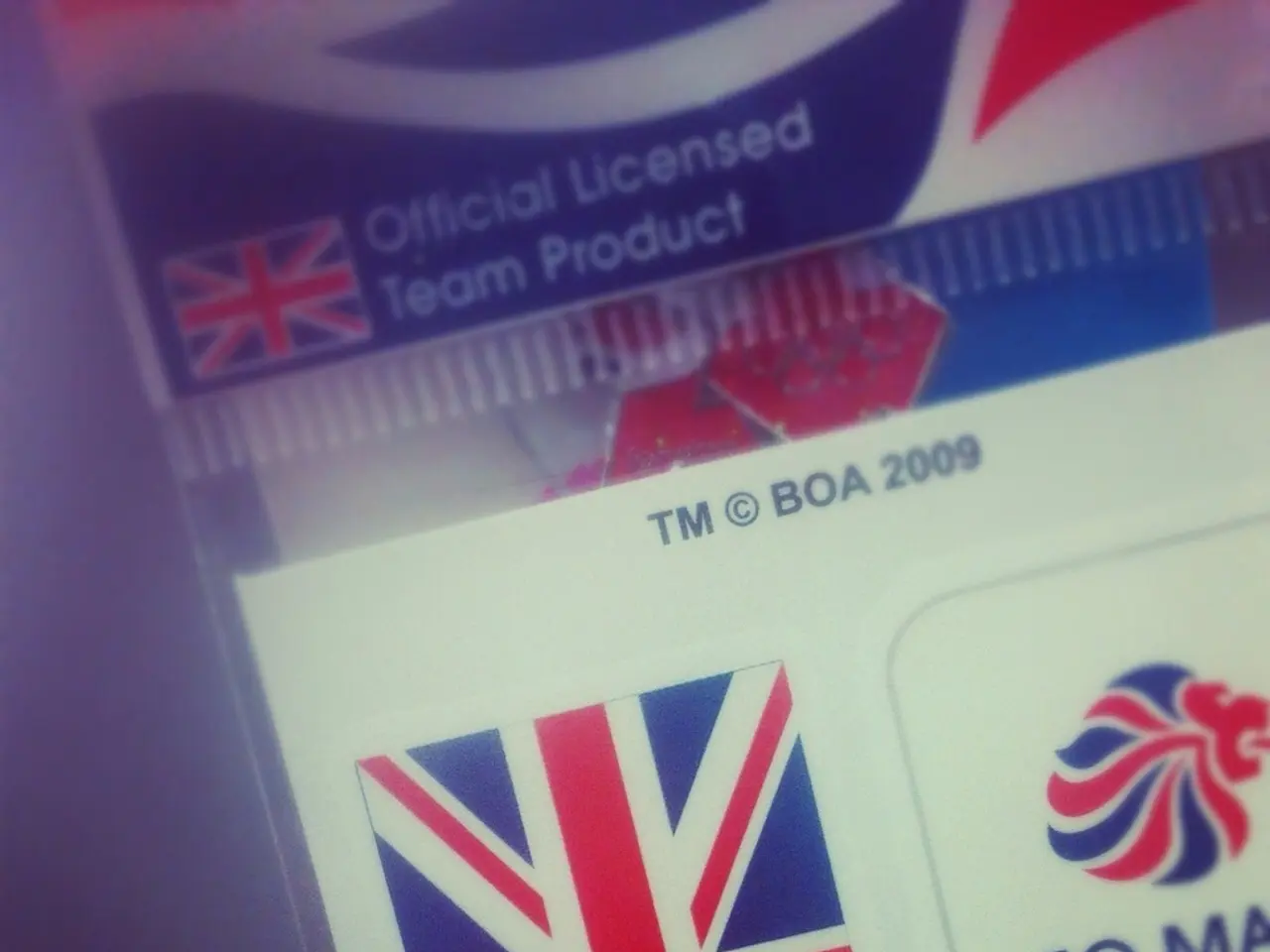Approximately six decades on, safeguards for minority voters under the Voting Rights Act confront fresh challenges
The future of the private right of action under Section 2 of the Voting Rights Act (VRA) is in jeopardy following recent rulings by the Eighth Circuit Court of Appeals. The court has held that private individuals and groups cannot bring lawsuits under Section 2's protections against racial discrimination in voting.
This marks a significant departure from over four decades of precedent where private plaintiffs were the primary enforcers of Section 2, bringing hundreds of successful voting rights cases that challenged discriminatory practices like vote dilution and racial gerrymandering.
Impact on Voters of Color
The impact on voters of color, especially Native American communities, is profound. Without private enforcement, millions of voters in several states—especially those in the Eighth Circuit jurisdiction, such as North Dakota—would have no practical legal recourse to challenge racial discrimination in voting. This threatens to undermine decades of protections and allows discriminatory voting laws and districts to persist, diluting minority voting strength and silencing historically marginalized groups.
Supreme Court Review
The legal controversy has escalated to the Supreme Court, which will soon consider challenges to the Eighth Circuit’s ruling. Advocates argue that if this ruling stands, it will leave a significant enforcement gap, as the DOJ has stepped back and private plaintiffs are barred from suing, effectively dismantling a critical pillar of democracy that protected minority voters under Section 2 for decades.
The North Dakota Case
The issue is at the heart of a North Dakota legislative redistricting case that was brought by two tribal nations. The case, which is expected to be appealed by the immigrant advocacy group Arkansas United, has put the spotlight on the role of private litigants in enforcing the VRA.
The John Lewis Voting Rights Advancement Act
In response to these developments, Democrats in both the House and Senate have reintroduced the John Lewis Voting Rights Advancement Act to ensure that an "aggrieved person" has the right to bring a lawsuit under the law. The Act, named after the late civil rights icon, aims to restore the private right of action under Section 2 of the VRA.
The Way Forward
If a majority of the Supreme Court rules that there is no private right of action for Section 2, presidential administrations could effectively decide when the VRA is enforced. This could have far-reaching implications for the future of the VRA's private enforcement and minority voting rights.
One of the earliest examples of private enforcement under Section 2 was led by Otis Wilson, a retired school bus driver, who led a group of Black voters to sue St. Francisville officials in 1992. After a long and complicated legal battle, St. Francisville ultimately agreed that it had violated Section 2 of the Voting Rights Act and switched to alderperson elections with multiple districts.
As the Supreme Court prepares to make its decision, the future of minority voting rights hangs in the balance. The stakes are high, and the outcome could significantly impact the legacy and effectiveness of the Voting Rights Act in preventing racial discrimination in voting systems across the United States.
- The ruling by the Eighth Circuit Court of Appeals, which bars private plaintiffs from suing under Section 2 of the Voting Rights Act, risks creating a gap in the enforcement of voting rights, particularly for voters of color.
- The future of the private right of action under Section 2 could impact the role of presidential administrations in enforcing the Voting Rights Act, with potential far-reaching implications for the future of minority voting rights.
- In an attempt to restore the private right of action under Section 2, Democrats in both the House and Senate have reintroduced the John Lewis Voting Rights Advancement Act, aiming to ensure that "aggrieved persons" can bring lawsuits under the law.
